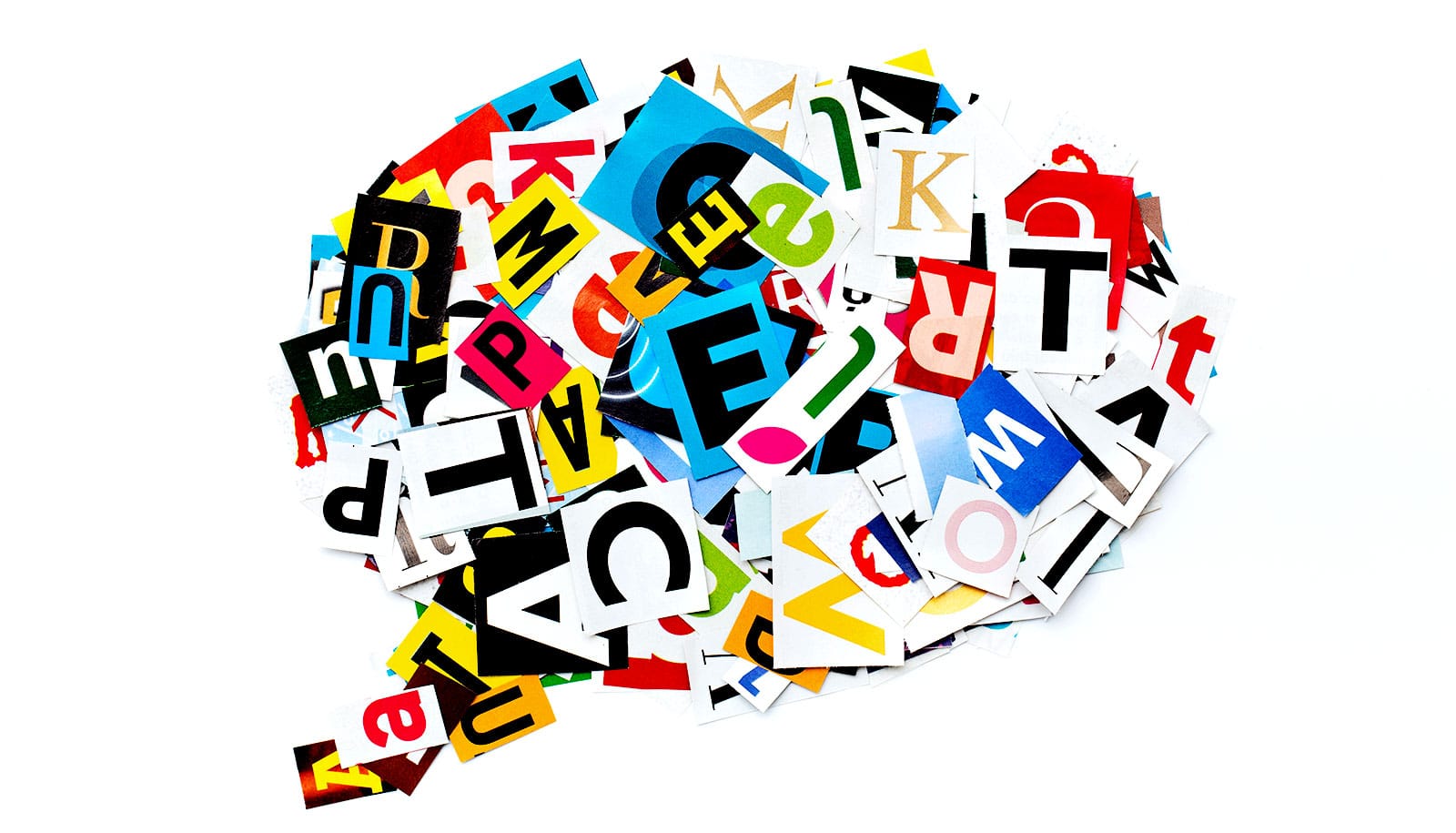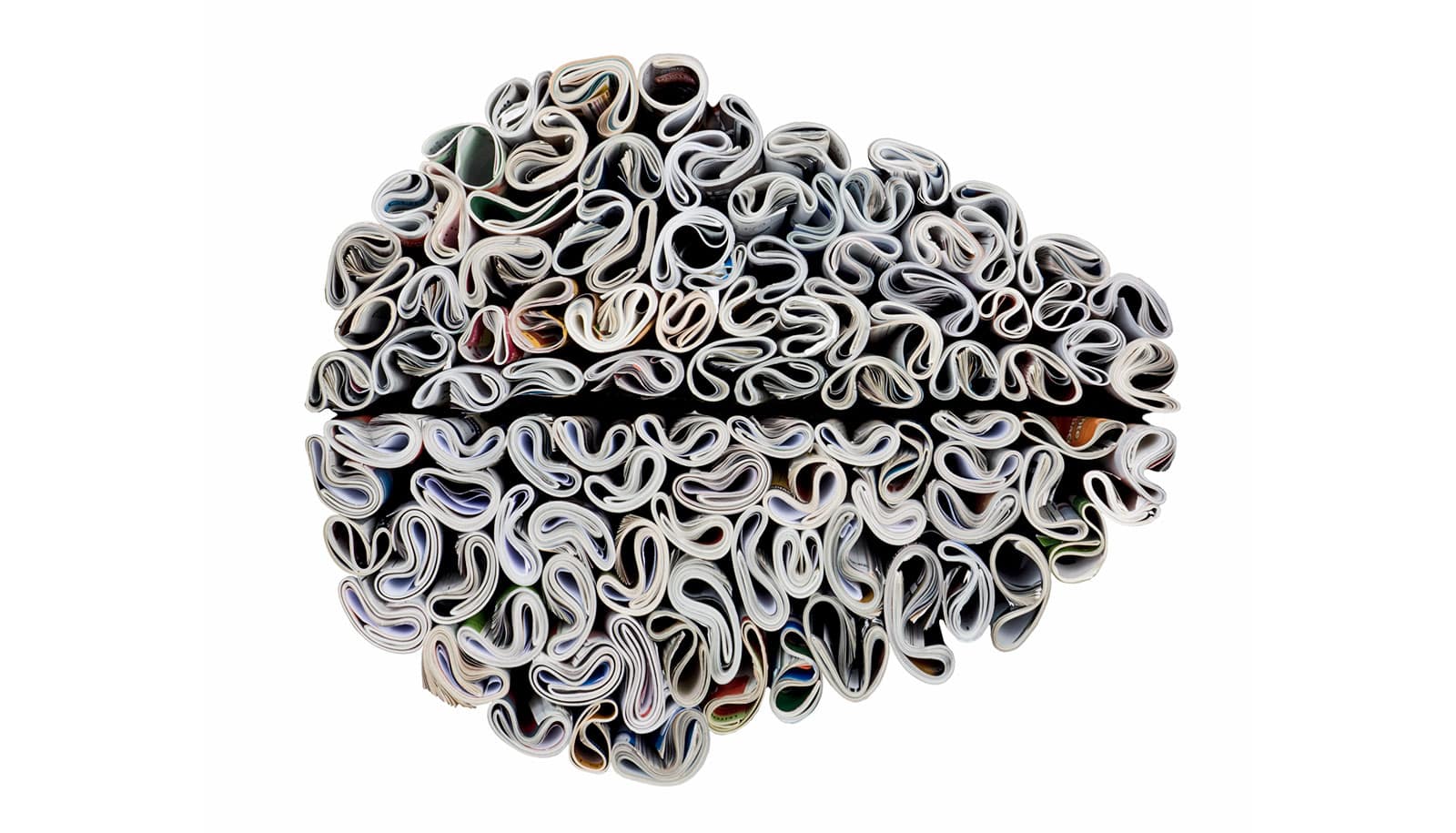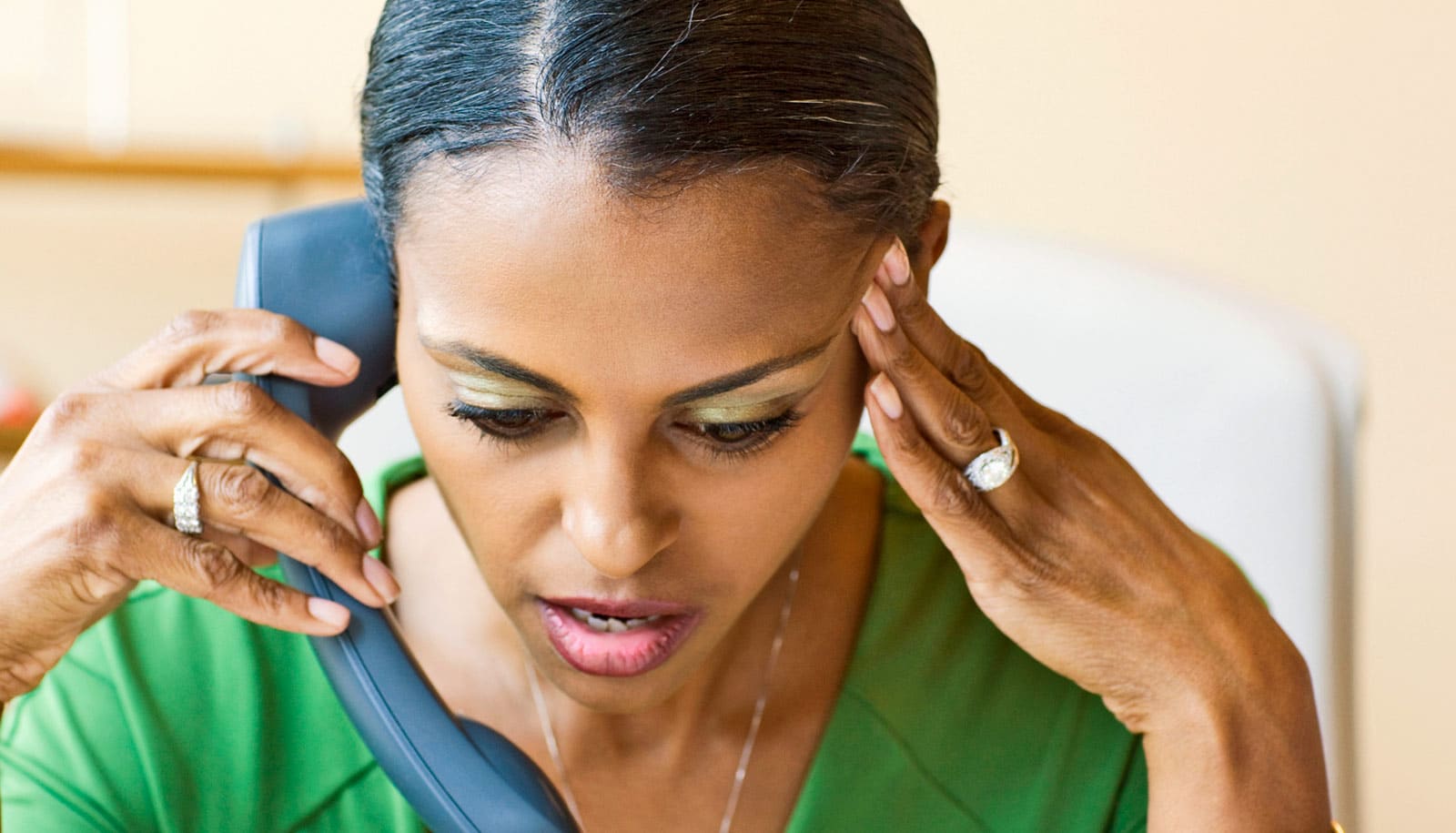When it comes to communicating, what we’re saying may only be as important as how we say it, the author of a new book argues.
“We don’t always realize that when we talk, we’re not just conveying the content of our speech, we’re also conveying a lot about who we are when we open our mouth and speak,” says Katherine Kinzler, professor at the University of Chicago and author of the new book How You Say It: Why You Talk the Way You Do—And What It Says About You (Houghton-Mifflin Harcourt, 2020)
The book explores how speech affects our social biases, starting from the point of view of children.
“It’s really easy for messages from society that might stigmatize one group of speakers to seep into kids,” she says.
With our national discourse focused on discrimination based on race, Kinzler says a largely overlooked aspect of that conversation extends beyond skin color: discrimination based on speech.
“Kids are incredibly attentive to how somebody sounds, and they’re absorbing cultural messages about race.”
Here, Kinzler explains her research and how speech creates and deepens social biases:
You can find the transcript for this podcast episode here.
Source: University of Chicago



